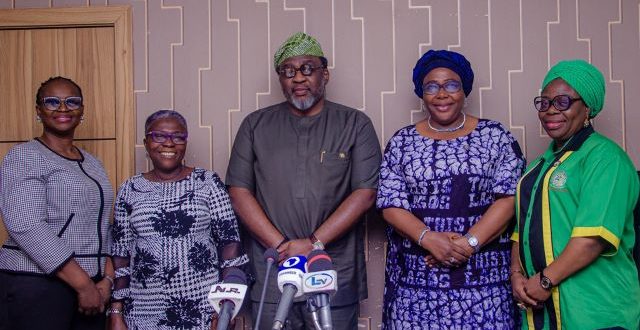The Lagos State Government is reinforcing its commitment to social inclusion and poverty alleviation by intensifying efforts to upgrade its Single Social Register through the integration of the National Identity Number (NIN). This update is designed to ensure that social protection and welfare programs reach the intended beneficiaries efficiently and without duplication.
With the exercise underway in every Local Government and Local Council Development Area across the state, the government is leveraging grassroots structures to reach communities directly. Field officers and community-based targeting teams are visiting households, collecting data, and linking NINs to existing profiles. According to officials, this integration is not just a bureaucratic formality—it is a critical step toward digital governance and data-driven decision-making in public service delivery.
The Commissioner for Economic Planning and Budget emphasized that the initiative is aligned with a broader national strategy to reform the delivery of social welfare. By integrating NINs, Lagos is building a more reliable and inclusive database that can serve as a foundation for targeted interventions such as cash transfers, food distribution, healthcare subsidies, and skills development programs.
He explained that eliminating duplicate entries and unverifiable data will prevent resource wastage and ensure that public funds are used more effectively. “We are not just updating a register—we are laying the groundwork for a more accountable system that puts people at the center of development,” he said.
The Permanent Secretary of the Ministry, speaking alongside other officials, highlighted the urgency of the update. She described it as a call to action for both the public and the media, urging citizens to take responsibility for their participation and help bridge the gap between government programs and vulnerable communities. According to her, the integration process is also essential for planning future programs, conducting social impact assessments, and identifying areas in urgent need of intervention.
Mrs. Oluwakemi Adedeji, Head of the Social Protection Coordination Department, noted that despite the progress, household apathy remains a major hurdle. Some residents are either unaware of the benefits or skeptical of the government’s intentions. To counter this, awareness campaigns are being intensified, and local leaders are being engaged to help explain the importance of the exercise.
She also revealed that the social register has become instrumental in rolling out initiatives such as the National Cash Assistance Scheme (NCAS), which provides direct financial support to low-income households. By linking these beneficiaries to verified NINs, the government can better monitor the impact of such programs and plan more sustainable interventions.
As Lagos continues to grow both in population and economic complexity, the state government is banking on digital tools and verified data to meet the needs of its diverse population. Authorities are urging all residents—especially those in vulnerable categories—to actively participate in the integration process, describing it as a civic duty with long-term benefits for communities.
The exercise not only strengthens social protection systems but also reflects Lagos’ broader ambition to become a model for smart, inclusive governance in Africa.










